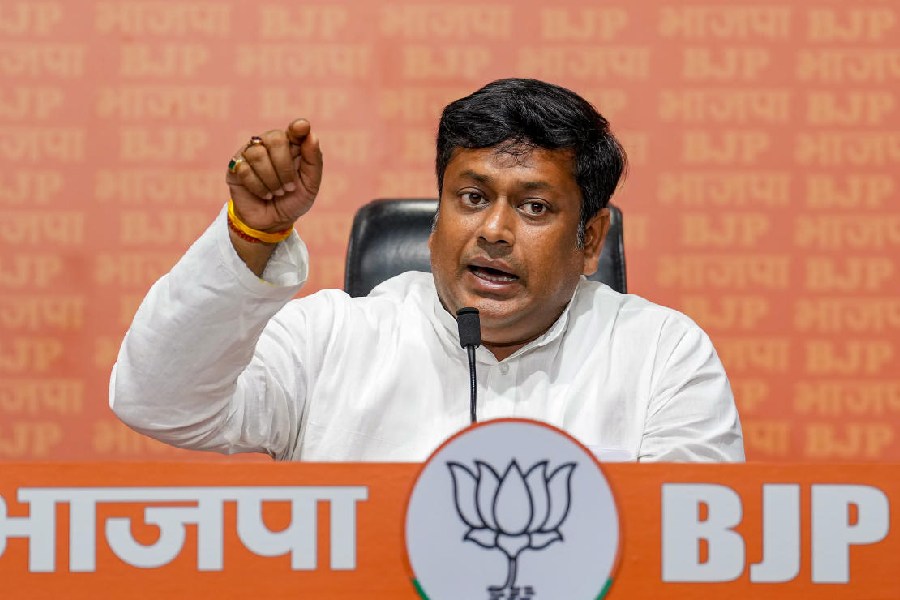Political parties should spell out in their manifestos how they will tackle the worsening air pollution, improve the waste management system that is in a shambles and protect the fragile ecology of the Sunderbans, environment activist Subhas Datta said on Friday.
The campaign season ahead of the Assembly elections will test the parties’ resolve to protect the environment as the meeting and roadshows could turn into platforms to adhere to -- or violate -- the noise norms. The parties can also make a statement by staying away from plastic, Datta told a news conference soon after the Assembly poll dates were announced.
Environmental issues rarely figure on the campaign list of any political party in the state and also elsewhere in India. Leaders rarely raise an issue concerning the environment from their election rallies.
Environment activists want the parties to shed their apathy about the environment and clearly spell out their plans on crucial environmental matters.
“All political parties are saying how they will alleviate farmers’ problems or how they will keep a check on oil prices. But no one is saying what their plans are about improving the air that we breathe or how they will protect the Sunderbans,” Datta said.
The activist listed several issues that hold the key to the future of Calcutta and Bengal. “The parties should say how they plan to phase out commercial vehicles older than 15 years, as directed by Calcutta
High Court. They should say what their plans are regarding the introduction of cleaner fuel like CNG for public buses. Have the parties ever thought why there is so much dust on the roads?” he said.
Seven cities in Bengal – Calcutta, Howrah, Barrackpore, Durgapur, Asansol, Raniganj and Haldia – have been classified as non-attainment cities by the Central Pollution Control Board because they do not meet the permissible air quality standards.
Parthib Basu, a professor of zoology at Calcutta University, said these were life and death questions and the electors as well as those seeking votes should be concerned about them. “The solid waste management rules were framed in 2016 and they mandate separation of biodegradable and non-biodegradable waste. Even after so many years, the system has been introduced in only a few places in Calcutta. In smaller cities and towns, the situation is worse,” he said.
Basu was not present in Friday’s new conference.
The waste separation will enable some of the items to be recycled and reduce the volume of waste. The waste dumping ground in Dhapa has already exceeded its capacity and the situation will only worsen if more waste is dumped on the site.
Datta questioned why political parties were silent on the vulnerability of people in the Sunderbans.
Large-scale destruction of mangroves, which act as natural barriers to storms, has made the villages in the Sunderbans vulnerable to cyclones. “Saline water from the sea is flowing further upstream and destroying acres of agricultural fields, completely ruining the income source of villagers,” said Basu.
“These people are then forced to migrate to the cities in search of livelihood. Besides, if the sea level rises and saline water enters the Hooghly, it will have multiple negative consequences. There is a need for clear climate change mitigation and adaptation policies and actions.”
The intent of the parties will become clear during the campaigning, said the activists. “They should adhere to noise norms and not use plastic in campaign rallies and meetings,” Datta said.










